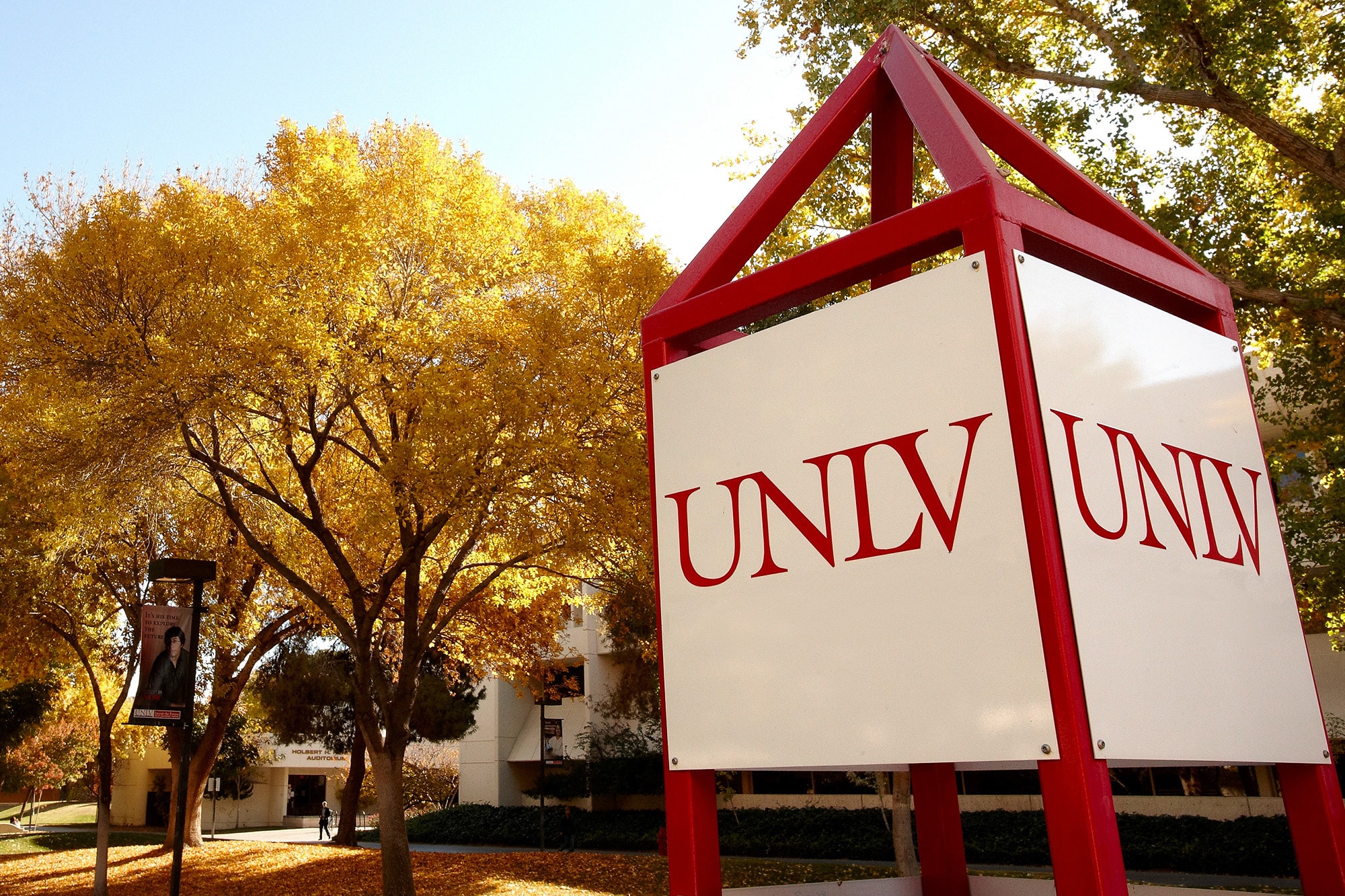LAS VEGAS - Two UNLV research teams were awarded more than $1.4 million from the U.S. Department of Energy (DOE) to investigate new ways to improve the safety and reliability of nuclear reactors and reduce some of the radioactive byproducts of nuclear reprocessing.
The DOE, as part of its Nuclear Energy University Program, supports a limited number of research projects each year focused on advancing current nuclear reactor efficiency, designing reactors that produce more energy and less waste and finding better ways to recycle and/or dispose of spent nuclear fuel. UNLV is one of just 23 universities nationwide to earn funding under this program in 2010.
"We are taking action to restart the nuclear industry as part of a broad approach to cut carbon pollution and create new clean energy jobs," said U.S. Secretary of Energy Steven Chu. "These projects will help us develop the nuclear technologies of the future and move our domestic nuclear industry forward."
One UNLV research team, led by chemistry professor Paul Forster, will develop new materials to separate noble gases released during the processing of spent nuclear fuel.
Radioactive forms of certain gases must be captured and stored until they can no longer present a radiation hazard. By separating xenon - a useful and stable byproduct of reprocessing that makes up a bulk of the gas produced - researchers can significantly reduce the amount of radioactive gases in need of storage. UNLV chemistry professors Ken Czerwinski and Balakrishnan Naduvalath will collaborate with Forster on the project.
Engineering professor Yingtao Jiang will lead a team of UNLV researchers charged with developing sensors to better measure the flow of liquid or gas coolant in a nuclear reactor.
Extreme radiation and temperature levels inside a reactor make it very difficult for existing measurement tools to maintain function, a problem that could affect reactor performance. Jiang's team will design and test sensors that can more efficiently monitor coolant flow rates and also withstand harsh reactor conditions - research that could lead to safer and more reliable reactors. Jian Ma, a research professor in the College of Engineering and Harry Reid Center for Environmental Studies, will work with Jiang on the grant.
The Nuclear Energy University Program was created by the DOE in 2009 to consolidate the agency's university support and fund nuclear energy research and equipment upgrades at U.S. colleges and universities. For more information, please visit the Nuclear Energy University Program.



